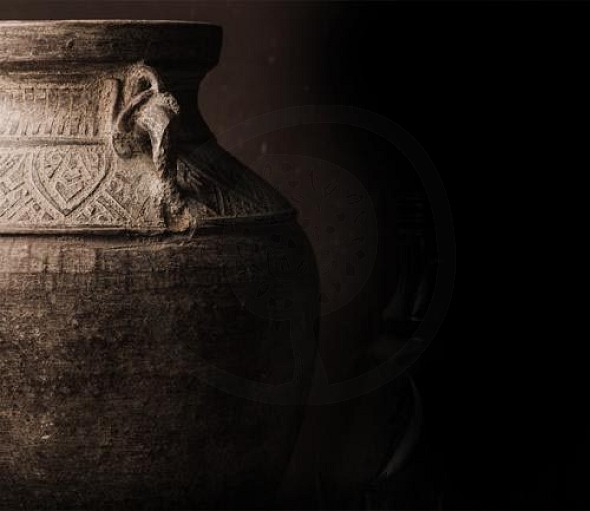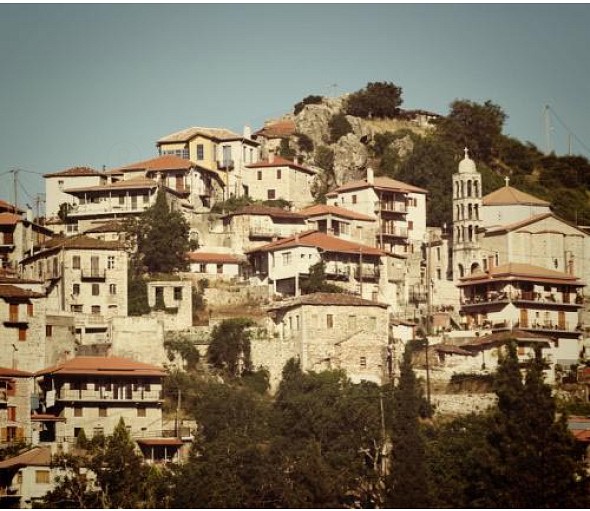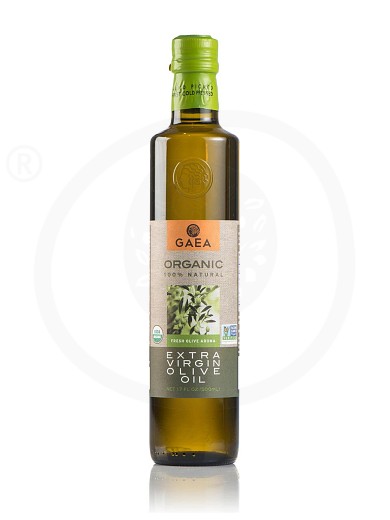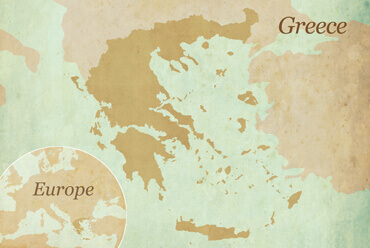Product Description
This superb ORGANIC, Extra Virgin Olive Oil is the result of a long-standing collaboration between GAEA and a carefully selected network of organic producers who cultivate their olive trees with pure sustainable methods and according to the national and international standards of organic farming that handle and production.
The “Koroneiki” variety organic olives are hand-picked and “cold-pressed” within hours of harvesting, producing an exceptional quality organic olive oil with unique organoleptic characteristics and fresh aroma.
Taste Profile: characteristic aroma of fresh green olives and a fruity taste.
Pairing Suggestions: fresh salad, grilled vegetables, fish, chicken, great for dipping with bread of fresh vegetables, etc.
Certified organic by “DIO” according to EU as well as the USDA NOP standards.
Net Weight
16.91fl.ozGross Weight
1.21lbsWidth
2.09inDepth
2.09inHeight
11.06in
Meet the producer: GAEA

GAEA
Gaea was founded in 1995. Our name didn’t come about by accident; in ancient Greek mythology, Gaea was Mother Earth—a symbol of fertility and the goodness of the earth. As such, our vision has been to introduce the world to the benefits of the Greek Mediterranean diet by combining exquisite Greek products based on olive oil with our penchant for tradition and simplicity.
Gaea is much more than elegantly-packaged wholesome foods and fine ingredients. It is a genuine philosophy of life, at the core of which is a deep appreciation for nature. We’ve always favoured non-aggresive harvesting over large volumes and high yields. And although we invest heavily in research and employ cutting-edge technology, we never stray too much from time-honoured practices.
Our goal is to become international ambassadors not just of top-quality olive oil products, but of a better, healthier, more fulfilling way of eating—and living.

Visit the region: Agrinio

Let Us Call You
Agrinio
Agrinio is the biggest city of Aitoloakarnania and its history dates back to the prehistoric period. In the 4th century BC, the battles between the Aitolians and Akarnanians took place there, and in 314 BC it was totally destroyed. It reappeared in the 12th century as the Despotato of Epirus and subsequently passed into the hands of the Serbs, the Albanians and finally the Turks, until 1853. The natural landscape of the region is characterised by the Panaitoliko Mountain with its many peaks, Lake Trichonida and the River Acheloos, which runs through the fields of Agrinio.



